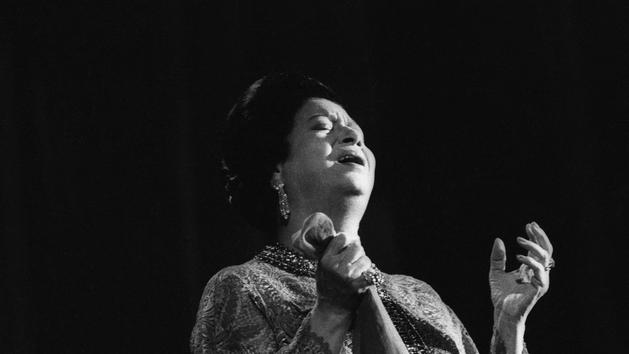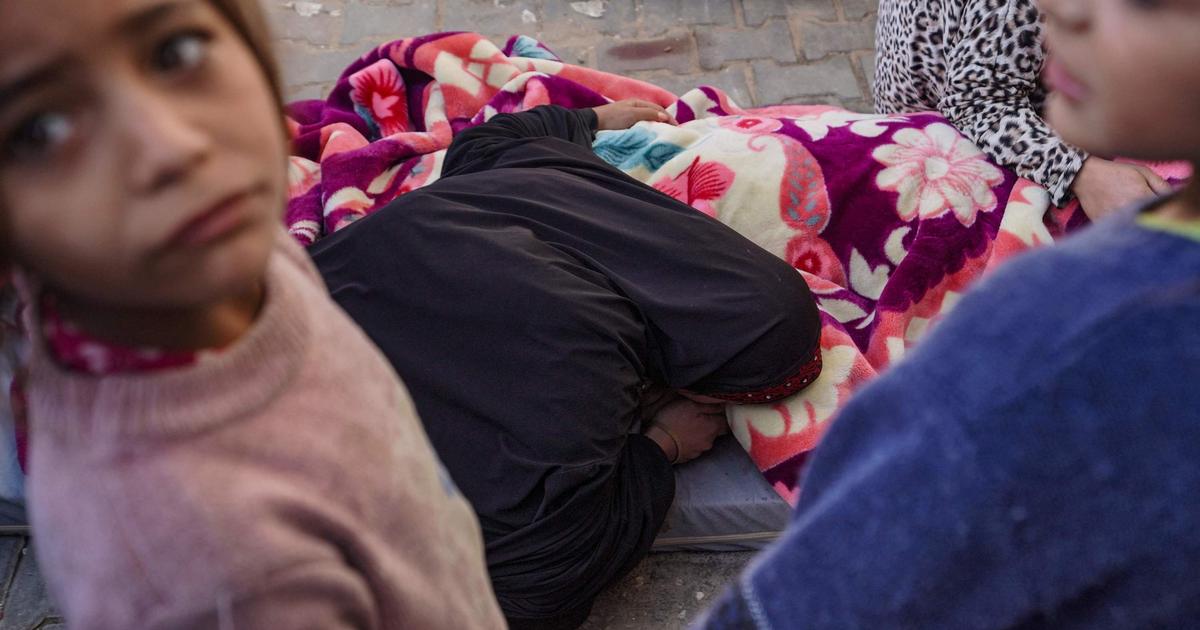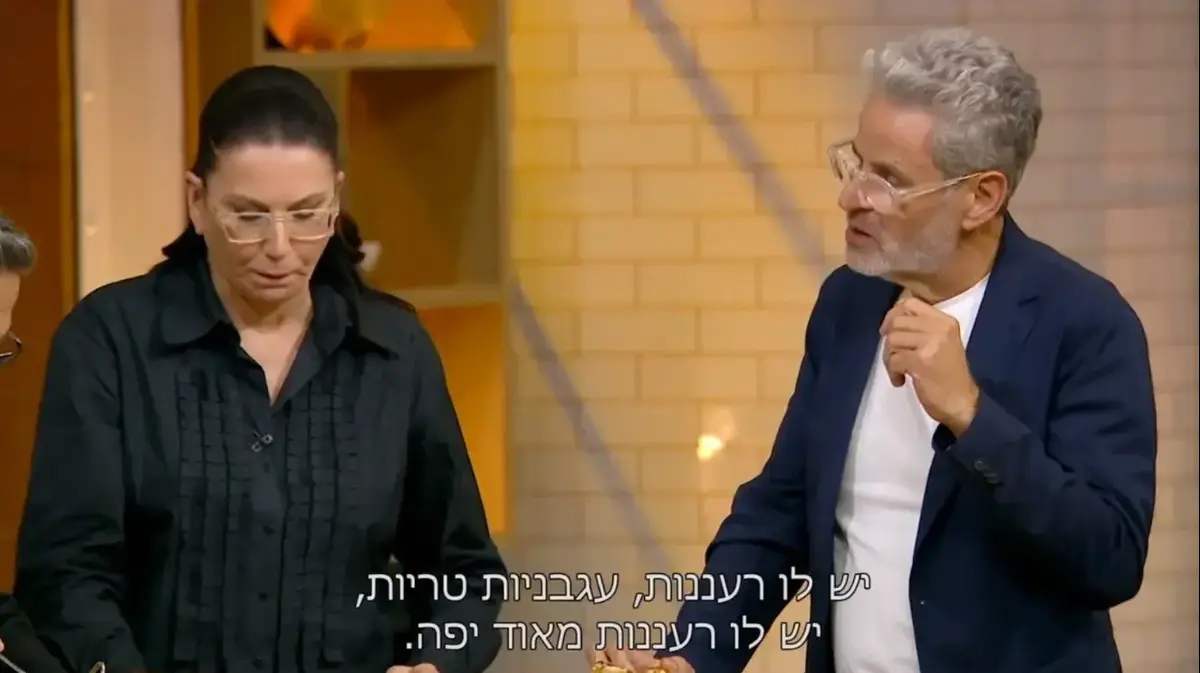Can we name a street with the name of Umm Kalthum in Israel? The town hall of Haifa, the country's third largest city, has given the green light, sparking an outcry among those who regard the legend of Arab song as an " enemy " of the Hebrew state.
Read also: In Haifa, the last refuge of Holocaust survivors
Nicknamed " the Star of the East ", the Egyptian singer occupied the stage from the 1920s to the 1970s and her voice still resonates today in the four corners of the Arab world, but also in Israel. Among his fans, there are notably Israeli Arabs, descendants of Palestinians who remained on their land when Israel was created in 1948, who account for 20% of the Israeli population. In Haifa, the large city in the north of the country, this community represents 10% of the 300,000 inhabitants.
It is to underline the diversity of the city, " which represents a model of coexistence between Jews and Arabs ", that the town hall headed by the Jewish councilor Einat Kalisch-Rotem decided in mid-July to rename a street called Oum Kalthoum.
The diva, mounted on stage in Haifa in the 1930s, is " one of the greatest singers of Arab music ", justified the municipality, which has yet to designate the street to be renamed.
For Raja Zaatreh, municipal councilor, the fact that his city honors this artist is a way of recognizing the local “ presence and rooting ” of the Arab Israeli community, which considers itself regularly the victim of social discrimination. But the idea of having an “ Oum Kalthoum street ” in Haifa, even in an Arab quarter, is not to everyone's taste.
The local newspaper Kol Po ("Everything here" in Hebrew) published on the front page a large black and white photo of the singer, crossed out " Now I have a gun, take me to Palestine with you " , lyrics taken from one of his songs dedicated to the Palestinian cause.
" Shameful "
Oum Kalthoum, born in 1898, sang sentimental, religious but also patriotic chants. During the Six-Day War of 1967 - which notably opposed Egypt to Israel - she sang: " We will return by force of arms (...) The army of the Arabs is with you (...) The tragedy of Palestine pushes you towards the border (...) The victory is for you ”.
In the columns of the Kol Po , Likud MP (right) Ariel Kallner said he was " saddened " by the decision to celebrate an artist " who called for the destruction of the Jewish state ". He assured that he would find " means to ban the change of name ". Very active on social media, Prime Minister Benjamin Netanyahu's son Yair immediately tweeted: " Ashamed and mad ".
The decision in June to rename a street in Ramla (central Israel) after the singer had already made waves. And the choice of location is still debated. “ It started with Jerusalem ( where a street was renamed in 2012, editor's note) , then in Ramla, and ended in Haifa, ” criticized journalist Eldad Beck in the daily Israel Hayom.
To baptize a street in the name of Oum Khalthoum consists " in commemorating one of the biggest and most influential enemies of Israel which wanted to annihilate the state ", he insisted.
Rabbi's song in Arabic
But one cannot reduce the question " Oum Kalthoum " to an opposition between Jews and Arabs because " the fourth pyramid of Egypt ", as it was nicknamed, is also very popular with Sephardic Jews, that is to say from Arab countries, notes Jonathan Mandel, researcher in Arabic language and culture at Ben-Gurion University in the Negev (south).
“ The ultra-Orthodox Sephardic Jews grew up with Oum Khalthoum and Mohammed Abdel Wahab ”, another Egyptian singer, confirms Ariel Cohen, a Sephardic Israeli musician. Some of their prayers are recited in Hebrew but to the tune of Egyptian songs, such as the famous Enta Omri ( You are my life ), which became Ata Ozerli in Hebrew.
For Mr. Cohen, " Oum Khalthoum is not an enemy ": she certainly sang patriotic songs when Israel and Egypt were at war - before signing a peace agreement in 1979 - but it is " natural for singers to sing patriotic songs in times of war . And, he notes, the former Sephardic Chief Rabbi of Israel Ovadia Yosef, born in Iraq and having officiated in Cairo, demanded that the singer's choruses be broadcast at parties and even remembered the lyrics in Arabic.









